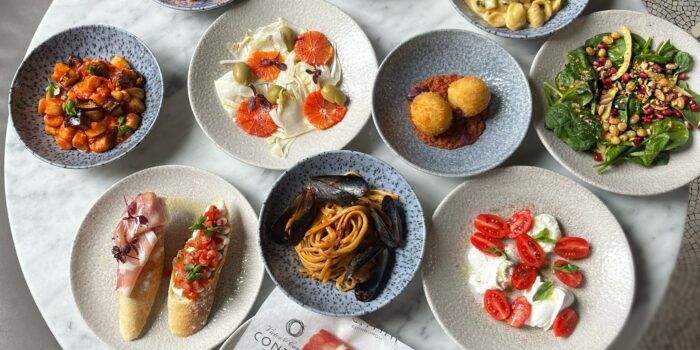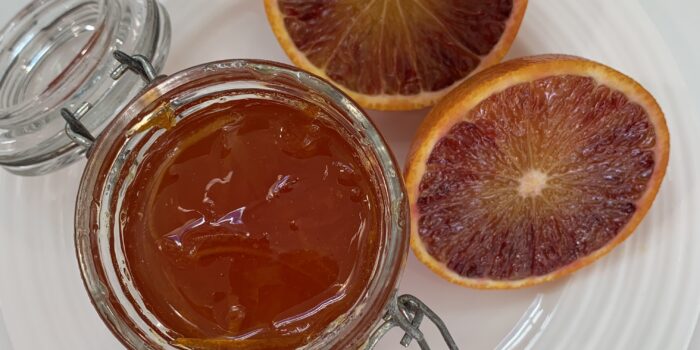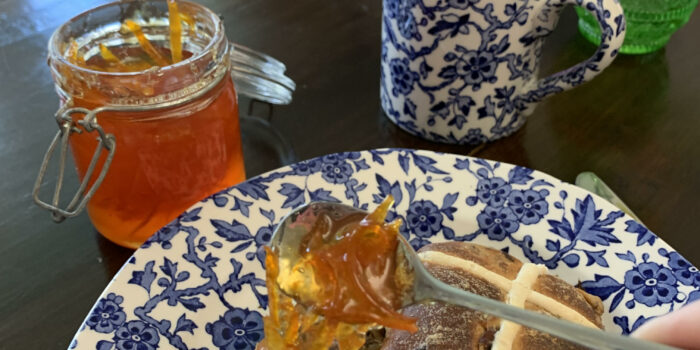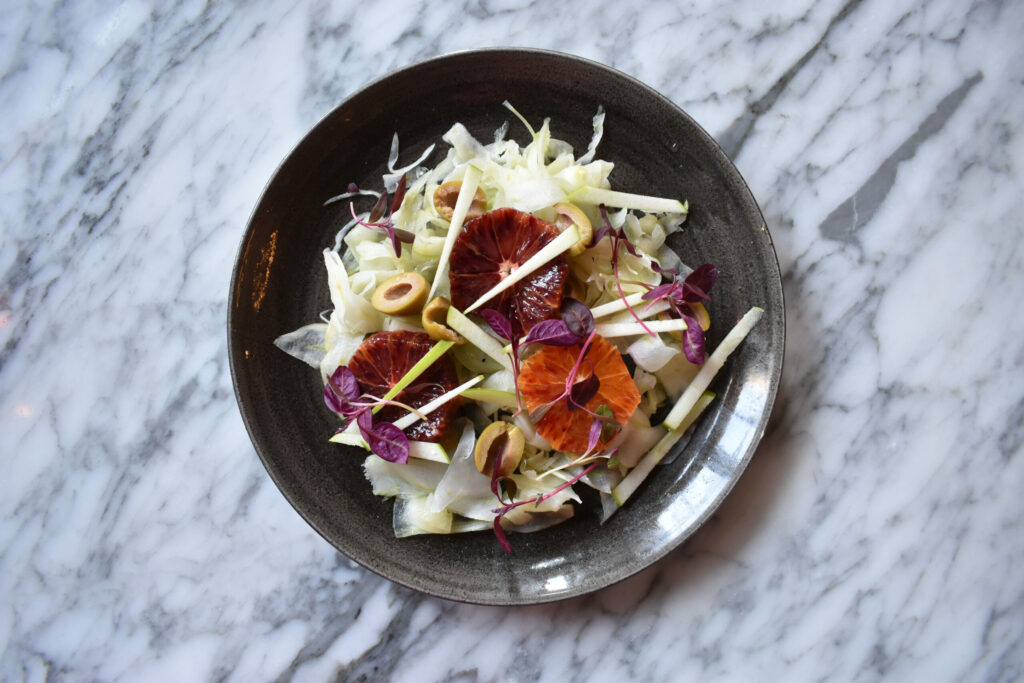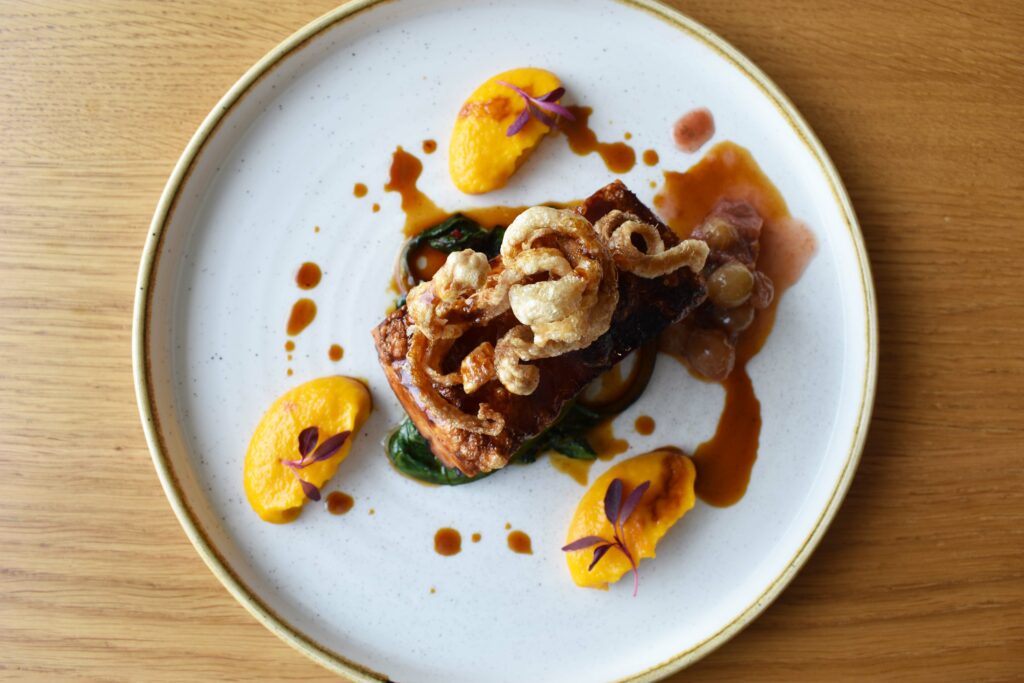My name is Carina and I’m a sugarholic. I love ice cream, shortbread and a Friday movie night with a box of chocolates. Now this is something I’ll admit but I know others won’t feel as comfortable doing so.
Scotland’s sugar addiction is reaching epidemic proportions. We just need to look at the newspapers over the past weeks to see how high sugar, and its impact on our health, is on the media and political agenda.
I love good fresh food and although I’ve been known to substitute a bowl of porridge for a warm fruit scone with homemade jam and my lunchtime mug of soup for a slice of coffee and walnut cake, I’ve actually been able to manage my weight for most of my life.
I’m actually quite surprised the term ‘sugarholic’ isn’t used more widely by doctors because I honestly believe I am one. I do, however, abide by one golden rule – no chocolate before noon. What I’ve not always managed though are my mood swings as a result. Sugar spikes can make me as high as Arthur’s Seat or as low as the now flattened Cockenzie Power Station.
Jokes aside, what I don’t know is whether or not I’m on a crash course to diabetes as a result of my sugar addiction. My grandmother was diagnosed with type-2 diabetes in her 70’s and my dad probably had it too but died of liver disease caused by too much whisky.
While people don’t see the damage sugar is causing, believe me, after reading the new report from Food Standards Scotland about the state of the Scottish diet, alarm bells were ringing.
- Two out of three people in Scotland are overweight or obese
- 87% of type-2 diabetics are overweight or obese
- 31% of children are overweight or obese*.
After reading the last statistic repeatedly before it sunk in I decided action was needed.
In my opinion, sugar is as dangerous as the child catcher in Chitty Chitty Bang Bang. It’s tricked us into thinking it’s fun, sweet and cuddly and embodies all the happiness and innocence that childhood should bring. But it’s evil I tell you, evil!
According to the Food Standards Scotland, too much of the Scottish diet is made up of ‘discretionary foods’. These are energy dense, high calorie foods with little or no nutritional value. We’re all guilty of it but it really is time to make a change.
Oh it’s hard even writing this. I’ve had five sweeties while I’ve been typing. I think the message is getting through slowly as i’d normally have had about 10 by now.
So, a Sugar Tax. What do we think?
Victor and I recently hosted an event at The Scottish Cafe to discuss a Sugar Drinks Tax in Scotland. Highly informative, the evening presented shocking consequences of too much sugar in our diet. Some fascinating insights included that fizzy drinks are direct causes of childhood obesity and diabetes and artificially sweetened drinks actually confuse our bodies into believing we’re not consuming calories so we eat more.
But is a tax really going to help? I’m of the opinion that lifestyle changes may be the better answer.
I can’t remember the last time I had a can of fizzy juice so, for me, a Sugar Drinks Tax will do nothing directly to support a healthier lifestyle and I know many people who would agree.
I believe we need lifestyle changes rather than taxes. But realistically how easy and long will it take our nation to change their habits?
We have government recommendations for all aspects of our life:
- Eat five portions of fruit and veg a day
- Reduce your alcohol to 14 units a week.
- A balanced diet is best
- Cut down on salt and processed food etc
We also have age restrictions on buying cigarettes and alcohol for teenagers, marriage and even films! We read articles every day on the issues associated with young people ignoring these rules so how will a Sugar Drinks Tax really make any difference to their sugar intake?
For me another tax isn’t going to change people’s habits. We need to restrict access to fizzy drinks in schools, sports centres and hospitals and review advertising regulations. I believe all a tax may do is just get us talking about sugar. We need to lead by example.
So we’ve redeveloped the baking range across all Contini sites using significantly less sugar. Our shortbread, a customer favourite, is now made with 50% less sugar and still tastes delicious. This is just one small step we’re taking. We’re also marking our menus with sugar guidance and we offer free milk with meals ordered from children’s breakfast and family menus.
So here are my top thoughts for a healthier future for our kids:
- We need clear guidelines of what our daily sugar consumption should be.
- I want us to force manufacturers to correctly label the amount of sugar contained within their products.
- Label all fizzy drinks with health alerts and their links to diabetes in children.
- Have a recommended sugar limit for children under 16.
- Tax sugar producers (the source) not just sugary drink manufacturers.
- Remove VAT from bottled water to make it a cheaper and more healthy option than a bottle of fizzy juice.
- We need to give more support to our farmers to ensure milk is cheaper than a can of Coke.
- Education is key. We need to teach our children that water makes their brains work and tell them that fizzy drinks will dramatically damage their future health.
- We need to learn to retrain our palate to enjoy less sugar. The post-war abundance of sugar and no rations is now causing us far too much harm.
- Start with small changes. It’s not sustainable or healthy to completely cut sugar from our diets altogether. Small changes (like what we’re doing at Contini HQ) are better.
I’m committed to offering my support to the government on this and change my own sugar habits. I know I’ll be on and off the wagon but I’m determined to kick the habit before I kick the bucket 10 years earlier than I should.

